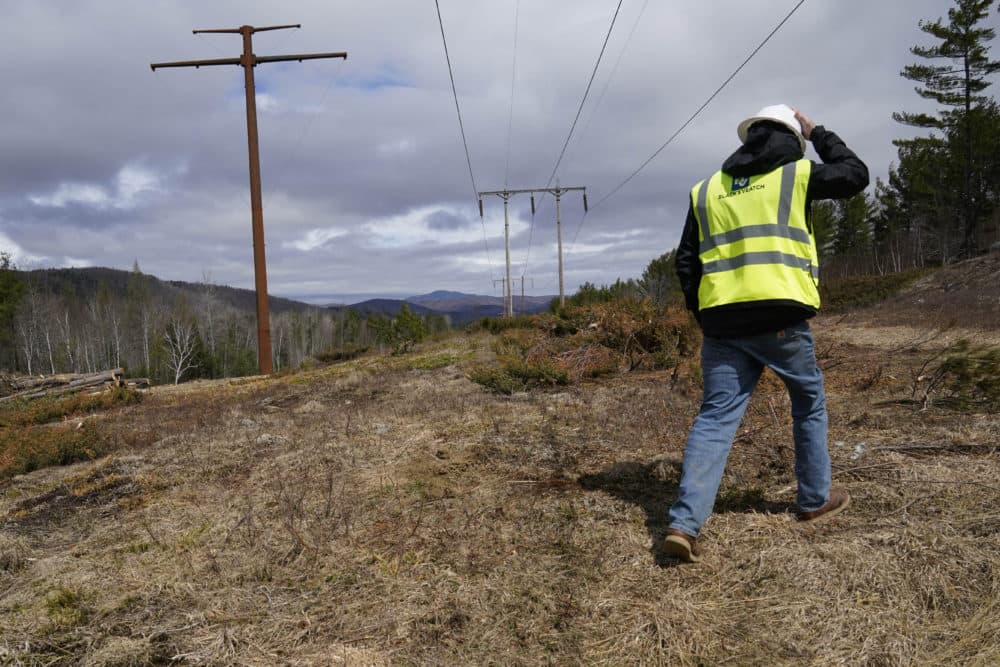Advertisement
Judge won’t intervene to let Maine power line construction resume

A state judge on Thursday denied a bid to resume construction on a $1 billion hydropower transmission line in western Maine, rejecting a preliminary injunction sought by utility companies.
The developer of the New England Clean Energy Connect contended that the project was properly permitted and that a referendum vote rejecting the project last month was unconstitutional.
The lawsuit filed by the utilities will continue, but the judge declined to intervene to let construction resume and to prevent the new law the referendum created from going into effect on Sunday.
“This is a big win for Maine people who voted overwhelmingly to terminate the CMP corridor," said Pete Didisheim, advocacy director for the Natural Resources Council of Maine, which opposed the corridor.
Judge Michael Duddy said that the continued delay in construction while the constitutional issue is litigated doesn't constitute “irreparable harm.”
“The public interest in participatory democracy is paramount and would be adversely affected by blocking the initiative,” he wrote.
The judge said he expected the state Supreme Court to have the final say.
The New England Clean Energy Connect, backed by Central Maine Power's parent company and Hydro Quebec, contends it will ultimately prevail and that the law will be found to be unconstitutional.
“The facts are clear: the NECEC project is good for Maine and for the region and will help address the energy, economic and climate issues we face. That is why we remain committed to this project,” the statement said.
NECEC had suspended construction of the project, which aims to bring up to 1,200 megawatts of Canadian hydropower to the New England power grid, after a request to do so by the governor.
Maine’s environmental commissioner later suspended a permit for the project, and the suspension remains intact with the judge’s ruling.
Critics said the project is damaging the woods and changing the character of a part of western Maine with little if any benefit for its residents.
Supporters of the project, which is funded by Massachusetts ratepayers, say big solutions are needed to remove carbon from the environment, address climate change and provide needed generation capacity after the decommissioning of several power plant in recent years.
Just this month, operators of the regional power grid said the region needs to reduce its dependence on natural gas and to diversify the energy mix as it warned of the potential for rolling blackouts if there’s an extended cold snap this winter.
The 145-mile transmission line would mostly follow existing utility corridors. But a new section needs to be cut through 53 miles of woods to reach the Canadian border.
The Maine Department of Environmental Protection previously gave the project its approval along with the Maine Land Use Planning Commission, Maine Public Utilities Commission and U.S. Army Corps of Engineers.
But that was before state voters delivered a rebuke to the project at the election booth in November. Also, a state judge has called into question a lease for a 1-mile stretch of the corridor over state land.